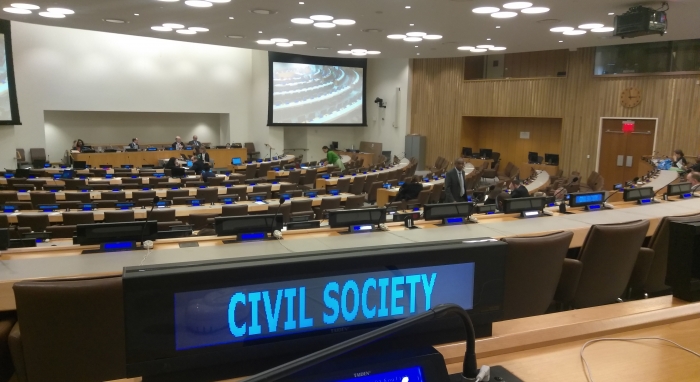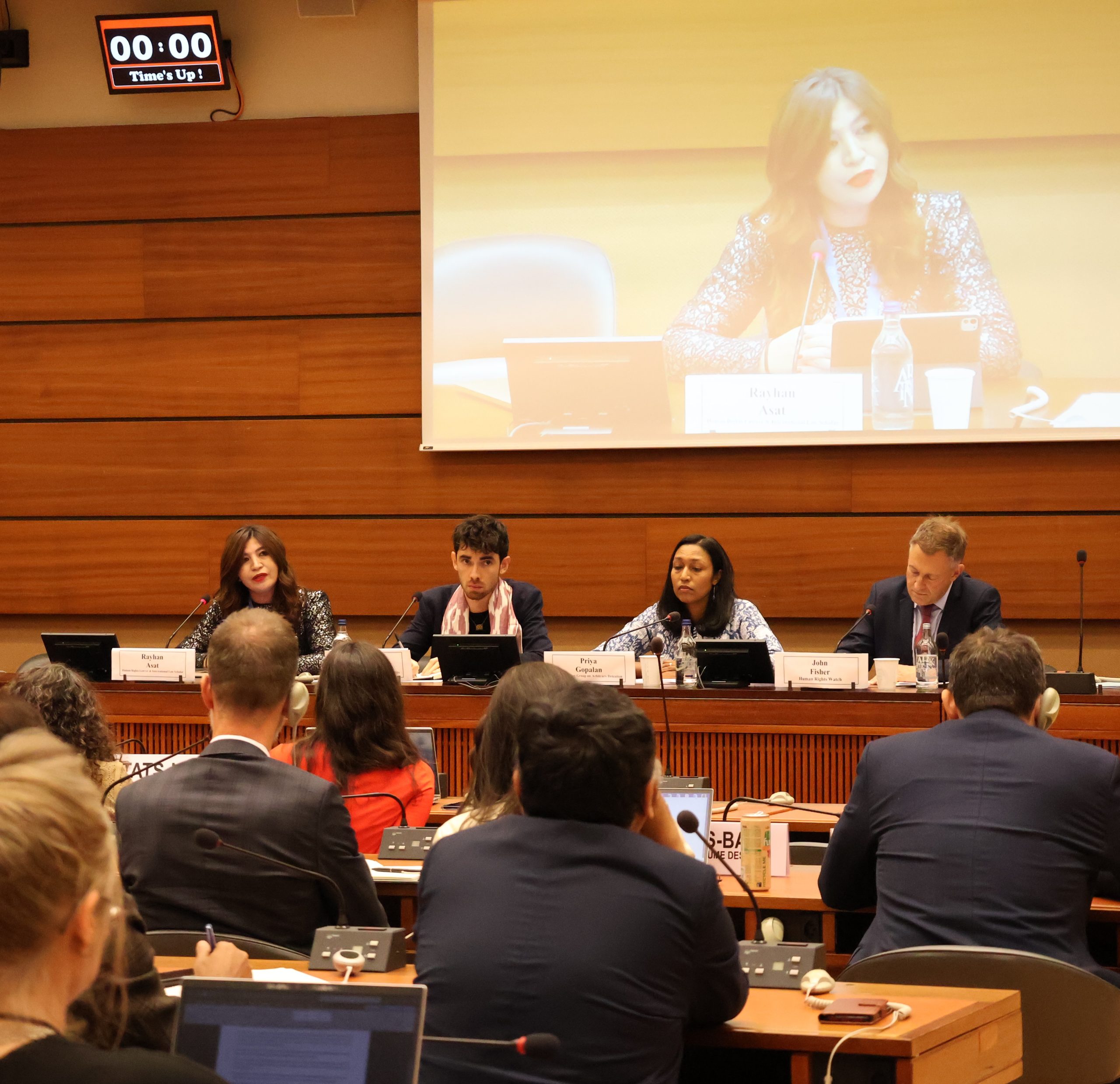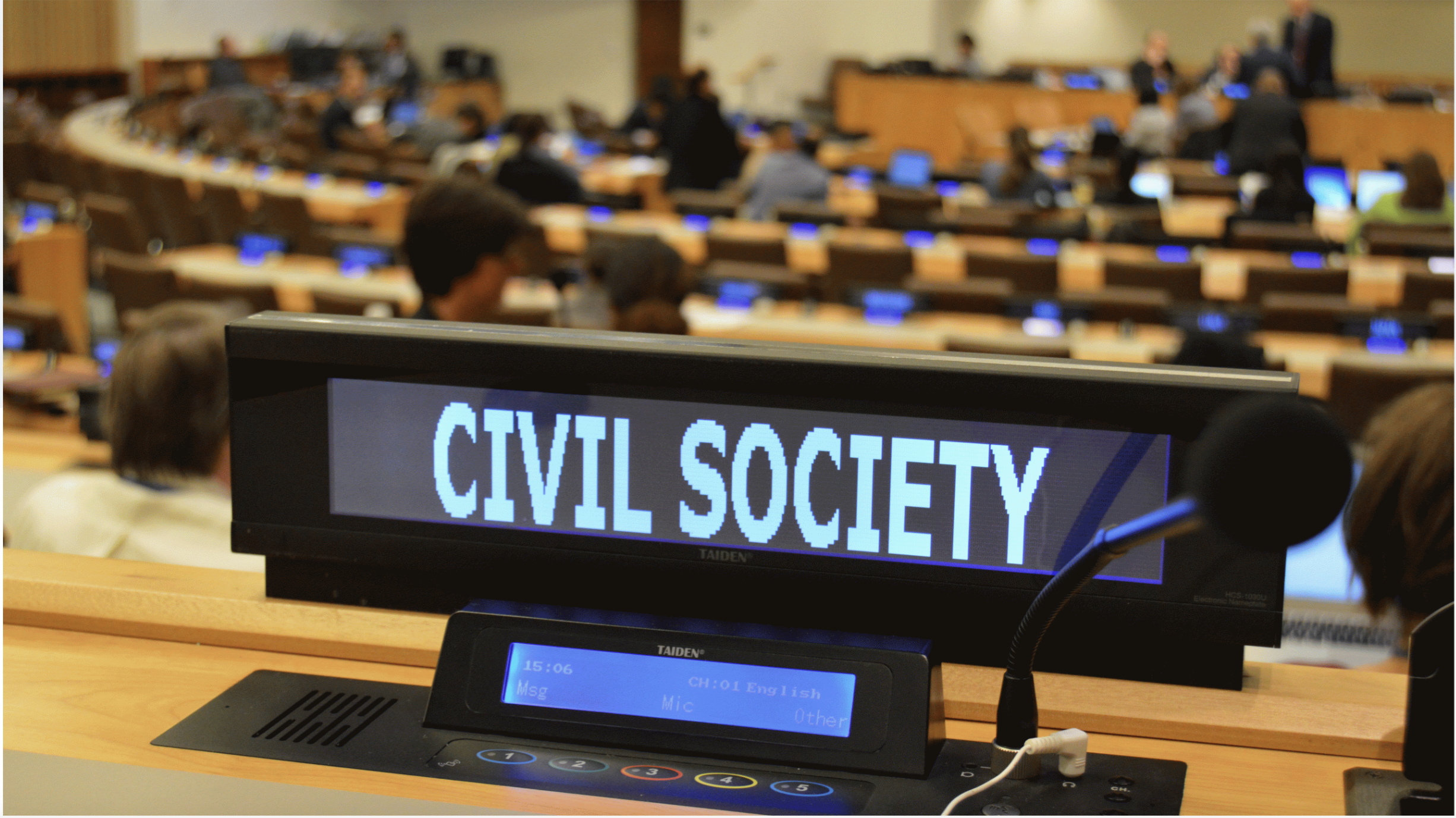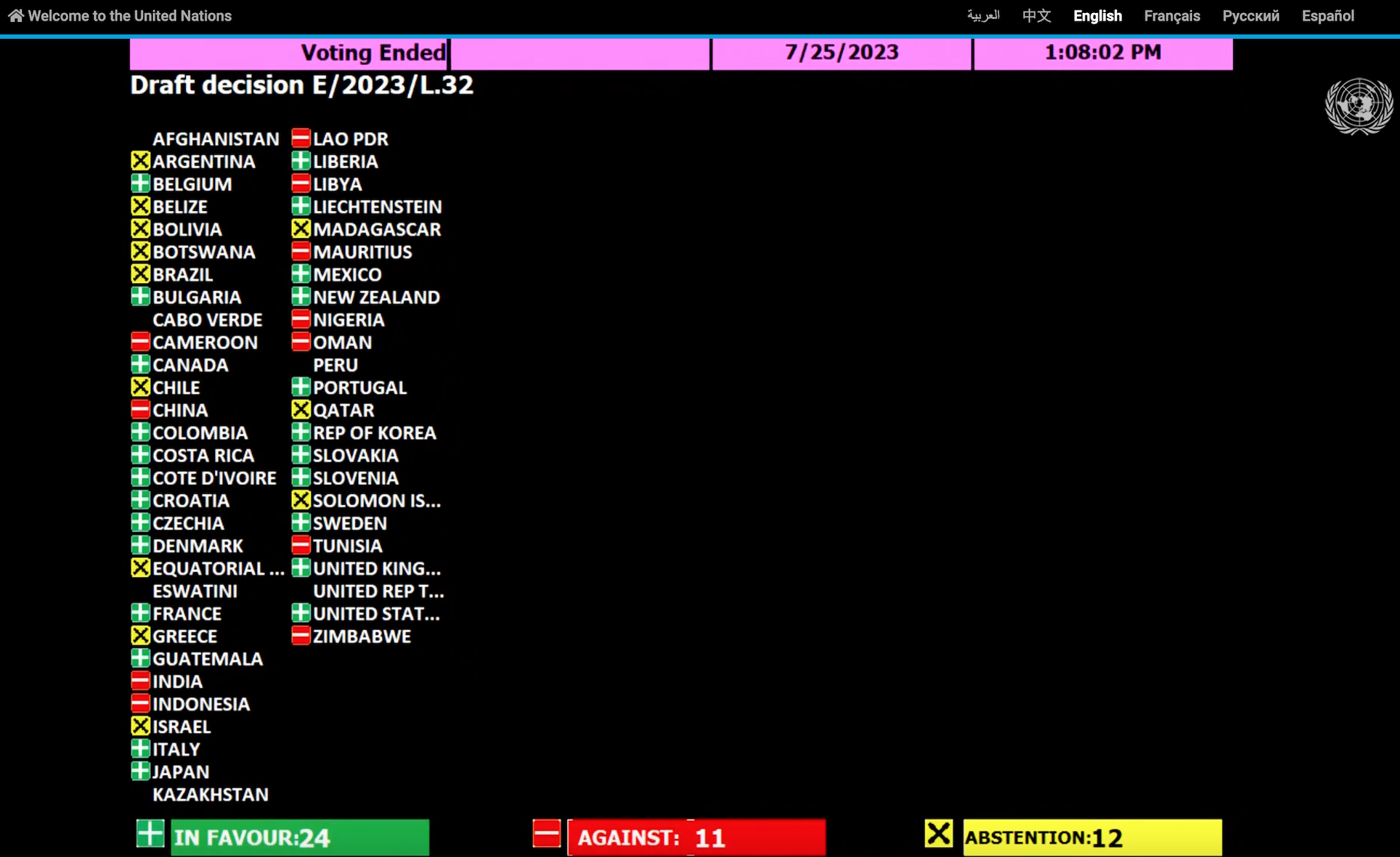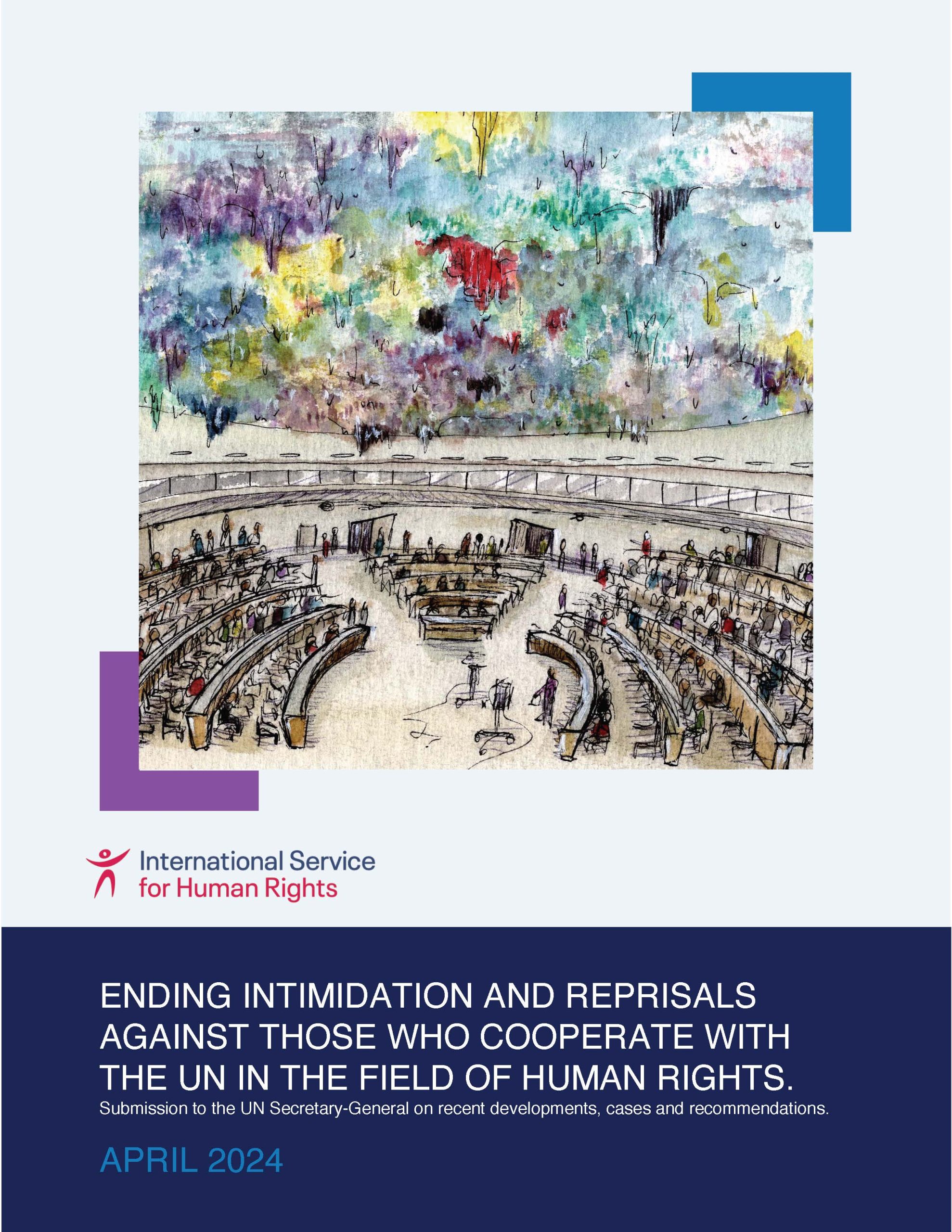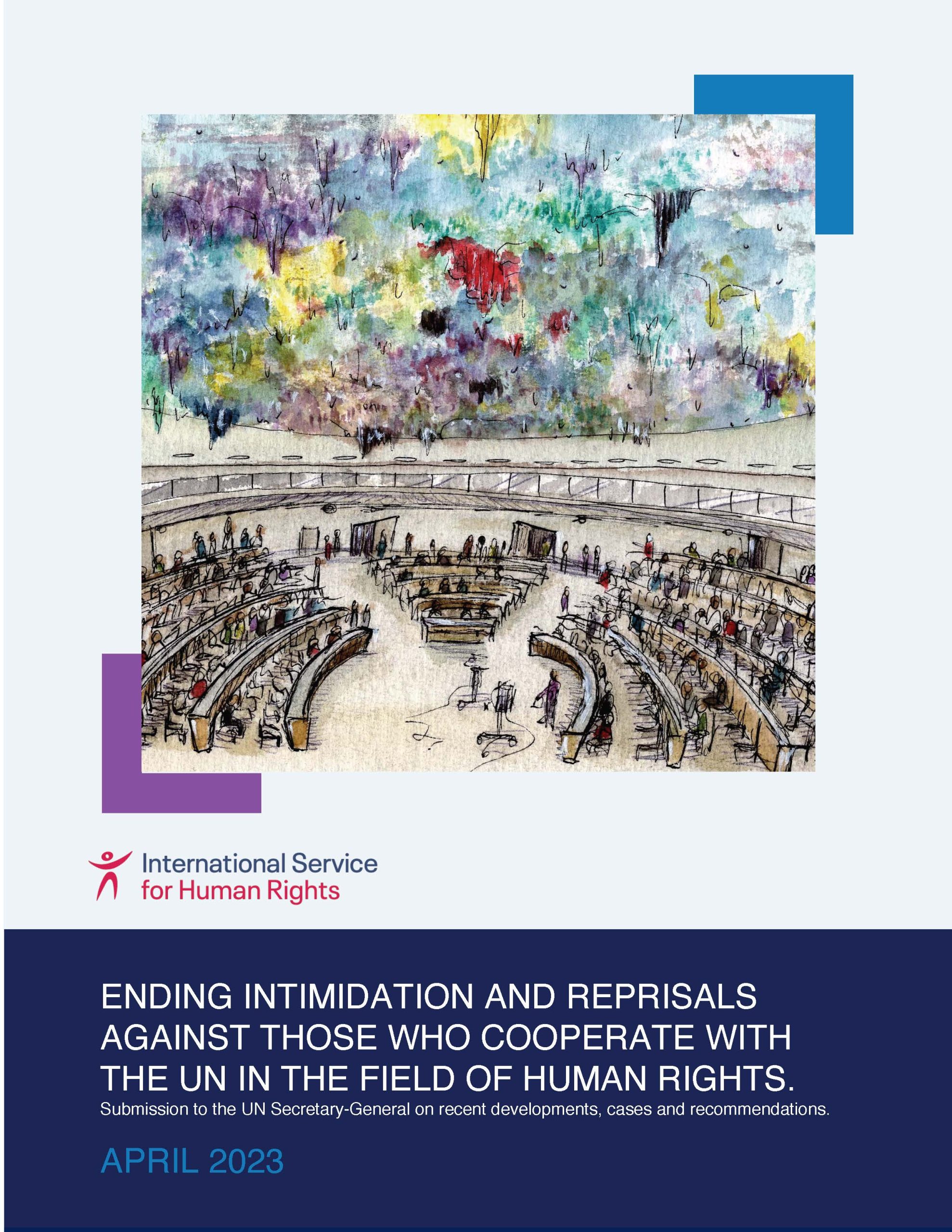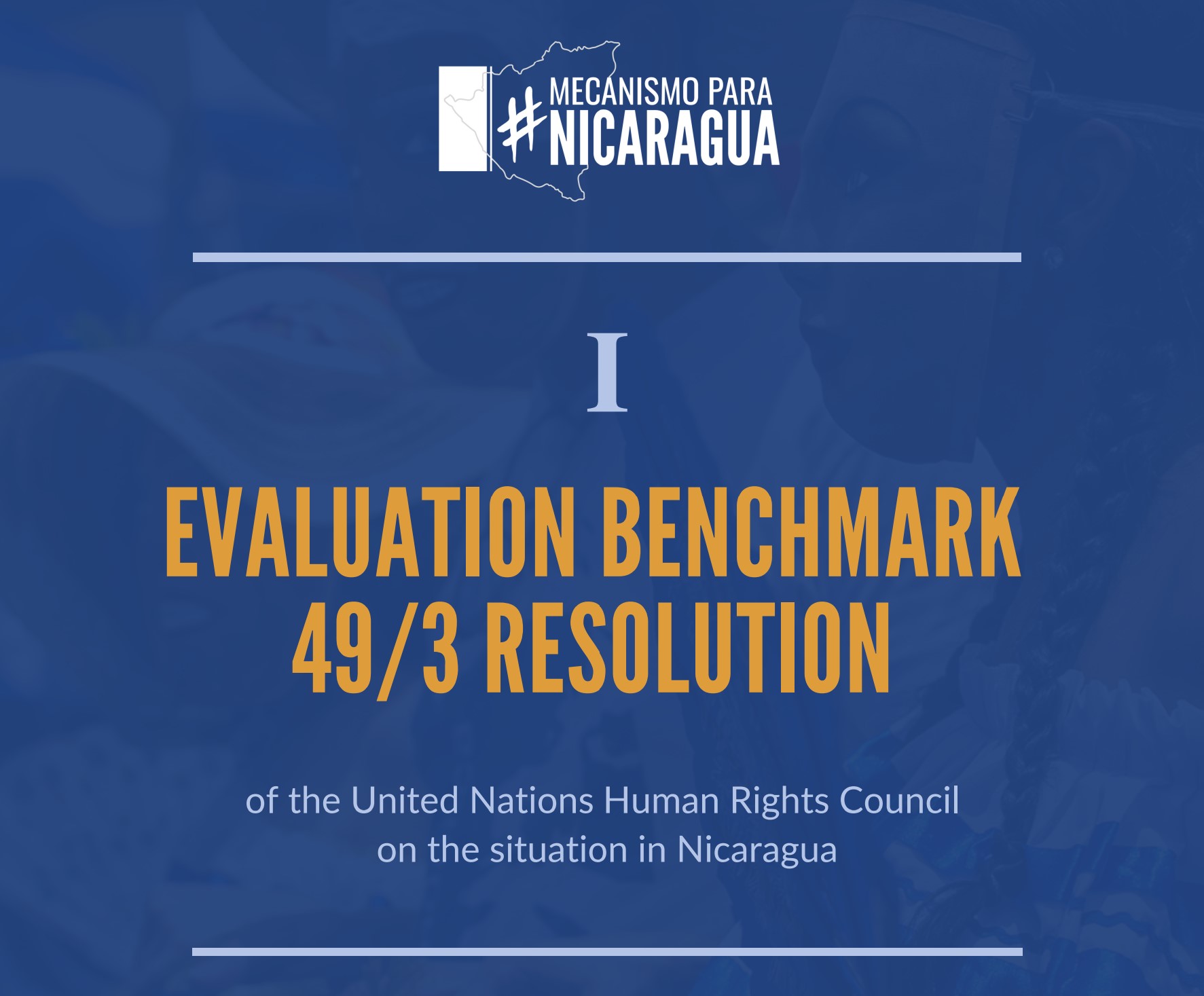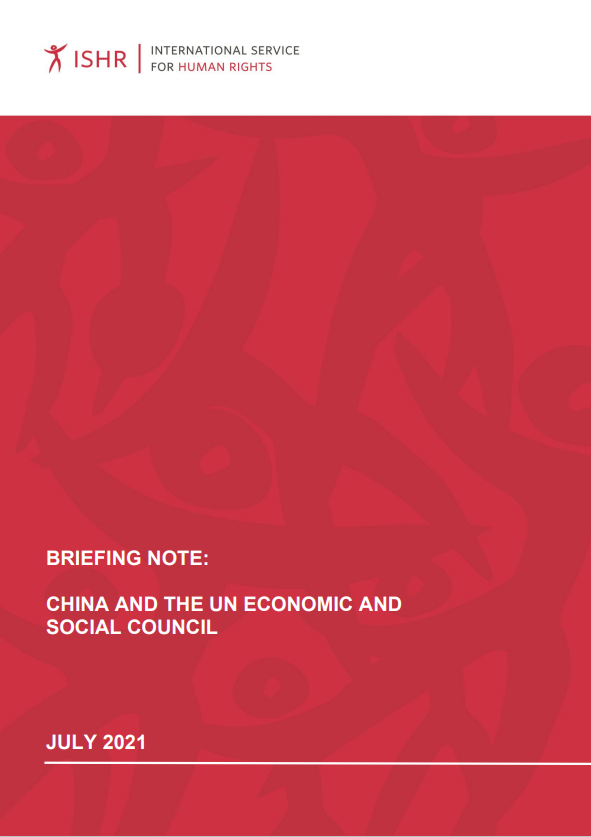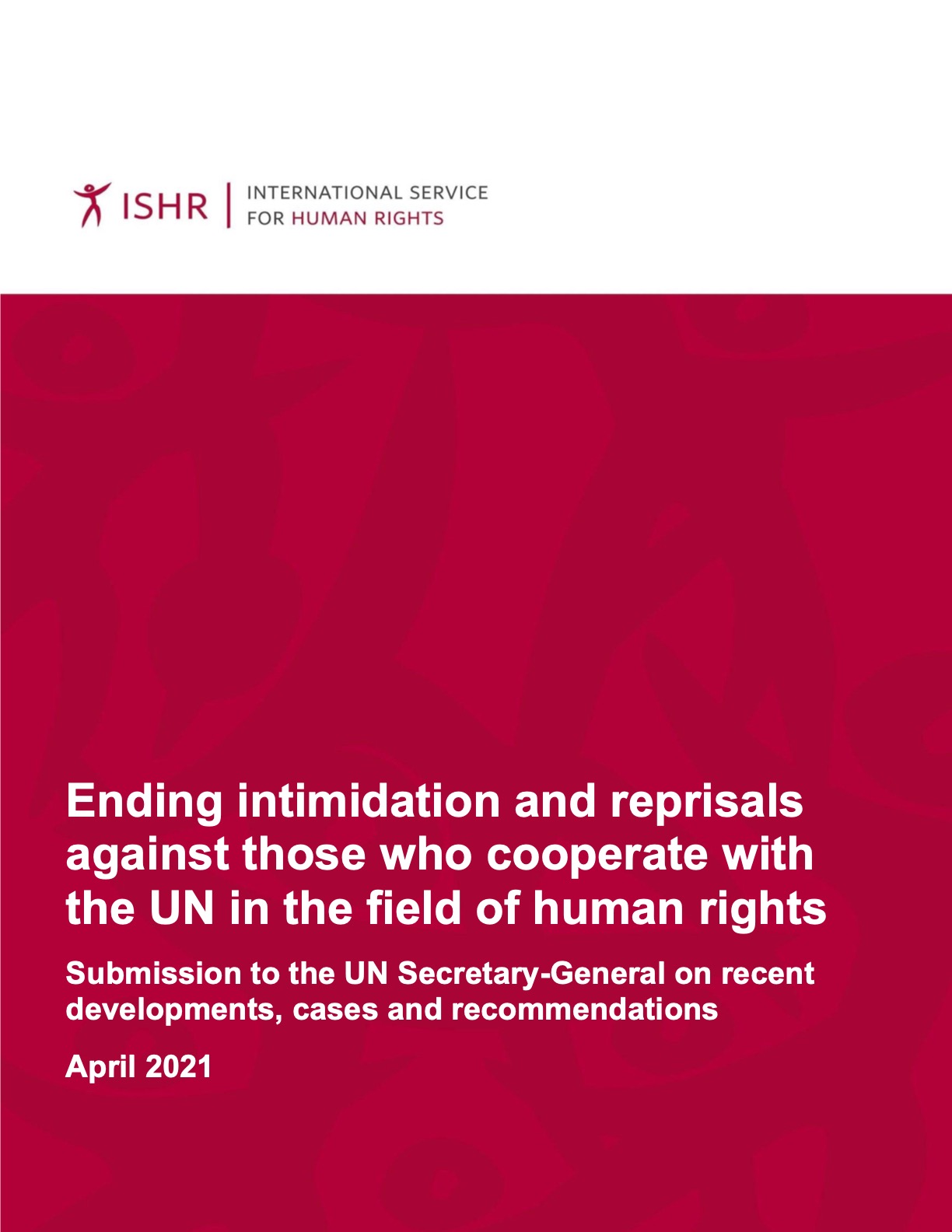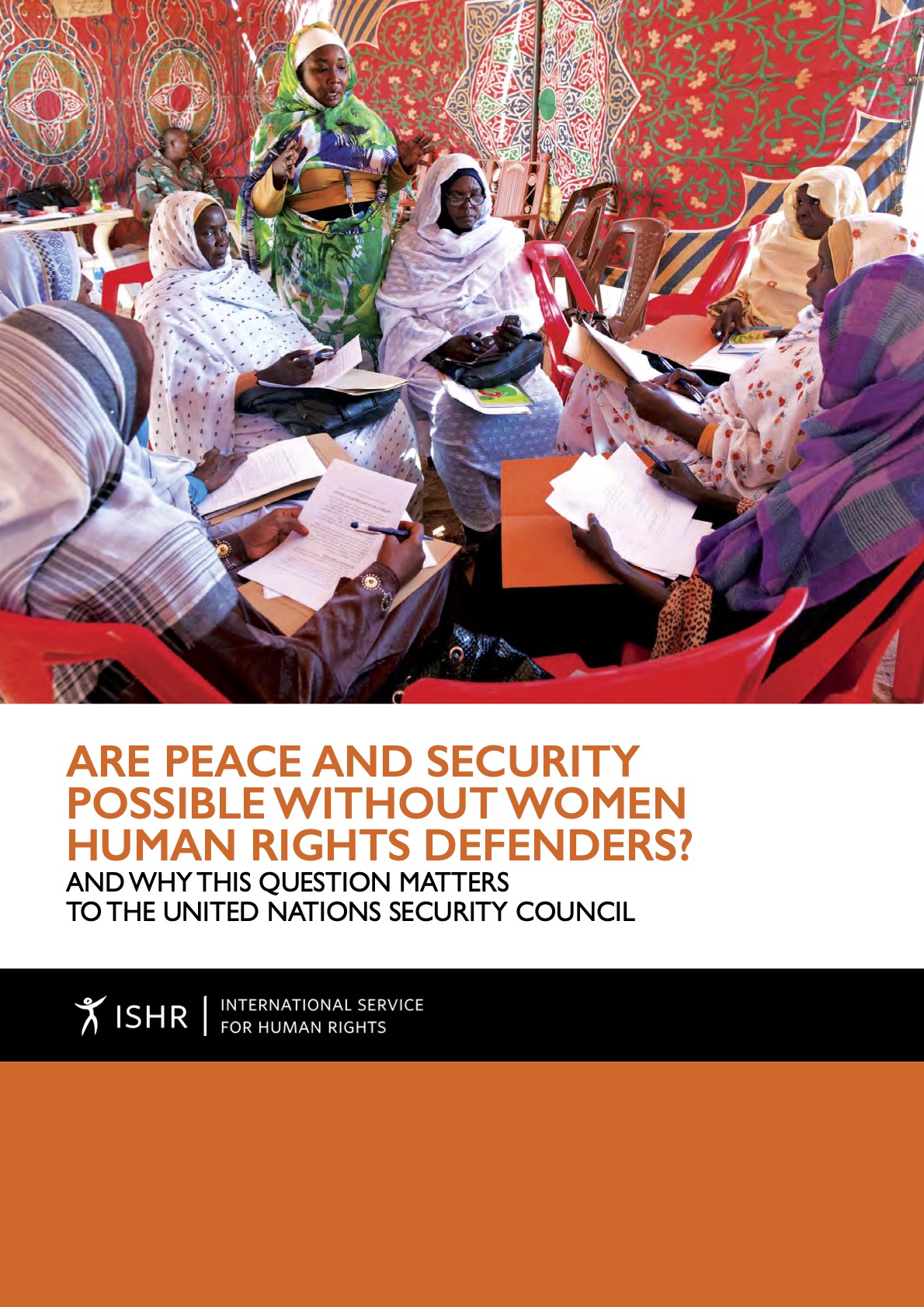Consultative status provides NGOs with access to a range of fora at the UN, including the Human Rights Council, ECOSOC and its subsidiary bodies, UN conferences, and events organised by the President of the General Assembly.
ISHR works to facilitate the accreditation of human rights NGOs, in particular those dealing with sexual orientation and gender identity, women’s rights, reproductive rights, minority issues, and freedom of expression and association.
ISHR runs campaigns advocating for improvement in the functioning and membership of the Committee and for the accountability of its members to the principles of the UN Charter and ECOSOC Resolution 1996/31. We also provide strategic advice and support to NGOs seeking accreditation by the Committee on NGOs, and to NGOs subject to disciplinary sanctions by the Committee.


